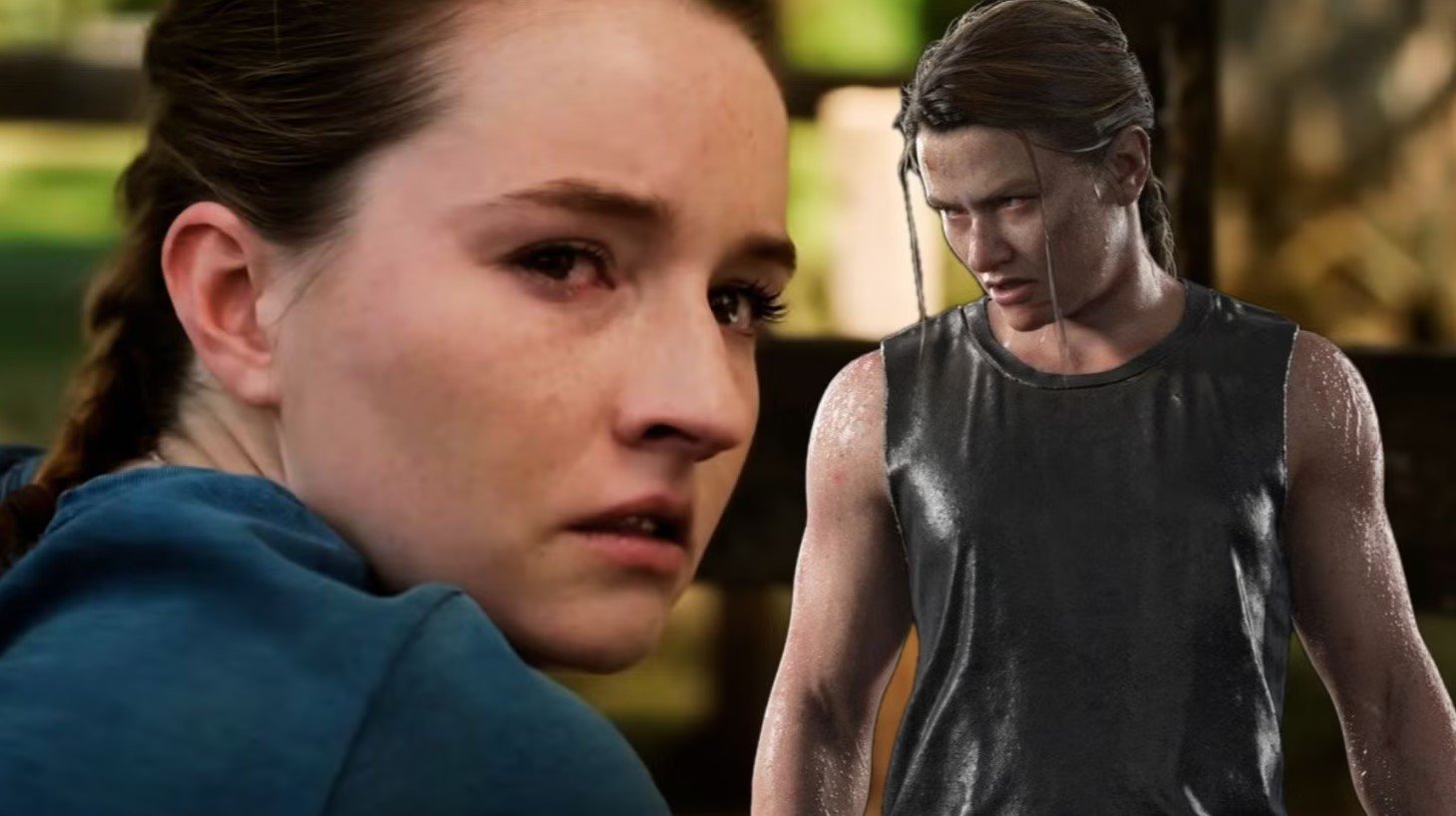News
HBO’s ‘The Last of Us’ Season 2 Will Introduce a Different Abby—And That’s Not a Bad Thing
HBO’s The Last of Us is gearing up for its second season, bringing one of the franchise’s most polarizing characters, Abby, into live-action. Fans of The Last of Us Part II know her as the muscular, battle-hardened fighter seeking revenge, but the show’s adaptation will take a different approach. And as expected, the internet has opinions.
Abby’s TV Adaptation Won’t Be as Muscular as in the Game
Co-showrunner Neil Druckmann recently confirmed in an interview with Entertainment Weekly that Kaitlyn Dever’s Abby won’t match the sheer muscle mass of her video game counterpart. The reason? The show’s version of the story doesn’t emphasize her physicality in the same way. Instead, the focus will remain on drama and character depth, rather than raw physical action.
This revelation sparked immediate backlash. Some fans took to social media to express disappointment, arguing that Abby’s physique was a crucial aspect of her character. “What’s the point then? She had motivation to get buff. That’s part of her story,” read one widely circulated tweet. But this critique may be missing a larger point: HBO’s adaptation has never aimed to be a one-to-one recreation of the game.
Why the HBO Series Doesn’t Need to Match the Game’s Action
Unlike the game, where action is a necessity, the TV show thrives on tension, character dynamics, and storytelling. Video games need combat mechanics to sustain engagement, but television operates under different rules. Season one of The Last of Us was widely praised for prioritizing emotional storytelling over excessive action sequences.
Consider how the show expanded Bill and Frank’s relationship or emphasized Joel’s PTSD. These choices made the world feel more grounded and human, rather than just a series of battles and stealth missions. With season two covering The Last of Us Part II, a game that is heavier on action than its predecessor, it’s natural to wonder how the show will balance drama and violence. However, fans expecting a direct adaptation of Abby’s gameplay feats—like taking down entire squads of enemies—may need to adjust their expectations.
Abby’s Strength Wasn’t Just About Revenge
A common argument among fans is that Abby’s bulk was directly tied to her motivation to track down and kill Joel. But in reality, her build was more about survival in a dangerous world. Growing up in a militant faction like the WLF, she needed strength to secure her place and ensure her own safety.
- The WLF, or Washington Liberation Front, is a faction that values combat skills, making physical prowess an advantage.
- In contrast, other characters like Nora and Leah held significant roles without extreme physicality.
- Even without Abby’s game physique, her core motivations remain intact in the show’s adaptation.
Abby’s ability to kill Joel wasn’t a result of her size—it was about opportunity. The moment he was in that lodge, outnumbered, and caught off guard, his fate was sealed. Physical strength played no role in that moment, and the show doesn’t need to emphasize it for the scene to be effective.
Why Abby’s Character Arc Matters More Than Her Build
One of the biggest misconceptions about Abby in The Last of Us Part II is that she’s an emotionless, revenge-driven force of nature. Her muscular build contributes to that perception, making some players see her as a terminator-like figure rather than a layered character. But Abby is deeply complex—driven by guilt, self-preservation, and ultimately, redemption.
Her relationships throughout the game reveal different facets of her personality:
- Owen makes her feel vulnerable.
- Mel creates insecurity.
- Ellie stirs guilt.
- Lev and Yara offer a sense of hope and purpose.
For much of the game, Abby masks her emotions behind a stoic exterior, much like Ellie. But as the story unfolds, her humanity becomes more apparent. This shift is what makes The Last of Us Part II so compelling—it forces players to see the world from different perspectives, challenging their initial biases.
If HBO’s adaptation places Abby and Ellie on a more equal physical playing field, it may help reinforce that they are two sides of the same coin. At its core, The Last of Us has always been about the emotional toll of violence, not just the act itself.
The Focus on Drama Over Physicality Is a Smart Move
Druckmann and co-showrunner Craig Mazin have repeatedly emphasized that the show will remain a character-driven drama, first and foremost. While season two will undoubtedly feature more action, every fight or violent encounter will serve a narrative purpose. And when it comes to Abby, what truly matters isn’t how many pounds she can lift, but the emotional weight she carries.
Ultimately, changing Abby’s physique doesn’t strip her of what makes her a compelling character. If anything, it shifts the focus back to where it belongs: her inner turmoil, her journey toward redemption, and the cost of revenge. That’s where The Last of Us excels, and if the first season is any indication, season two will be no different.
